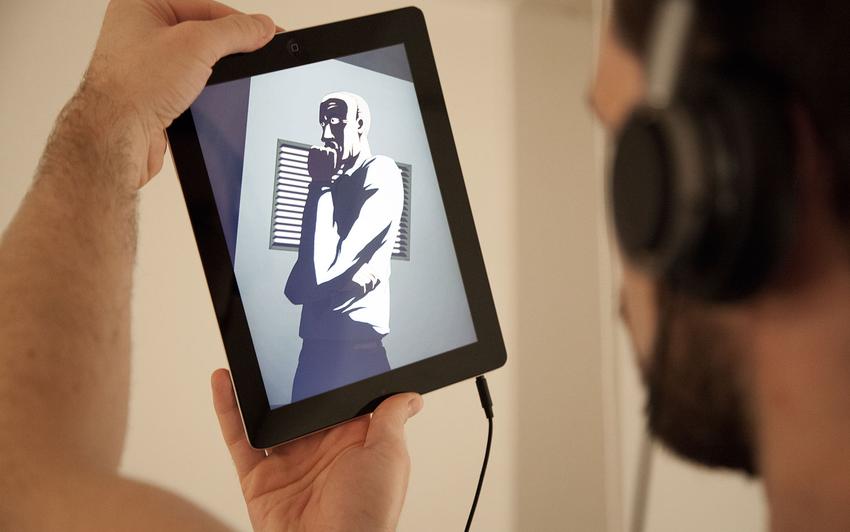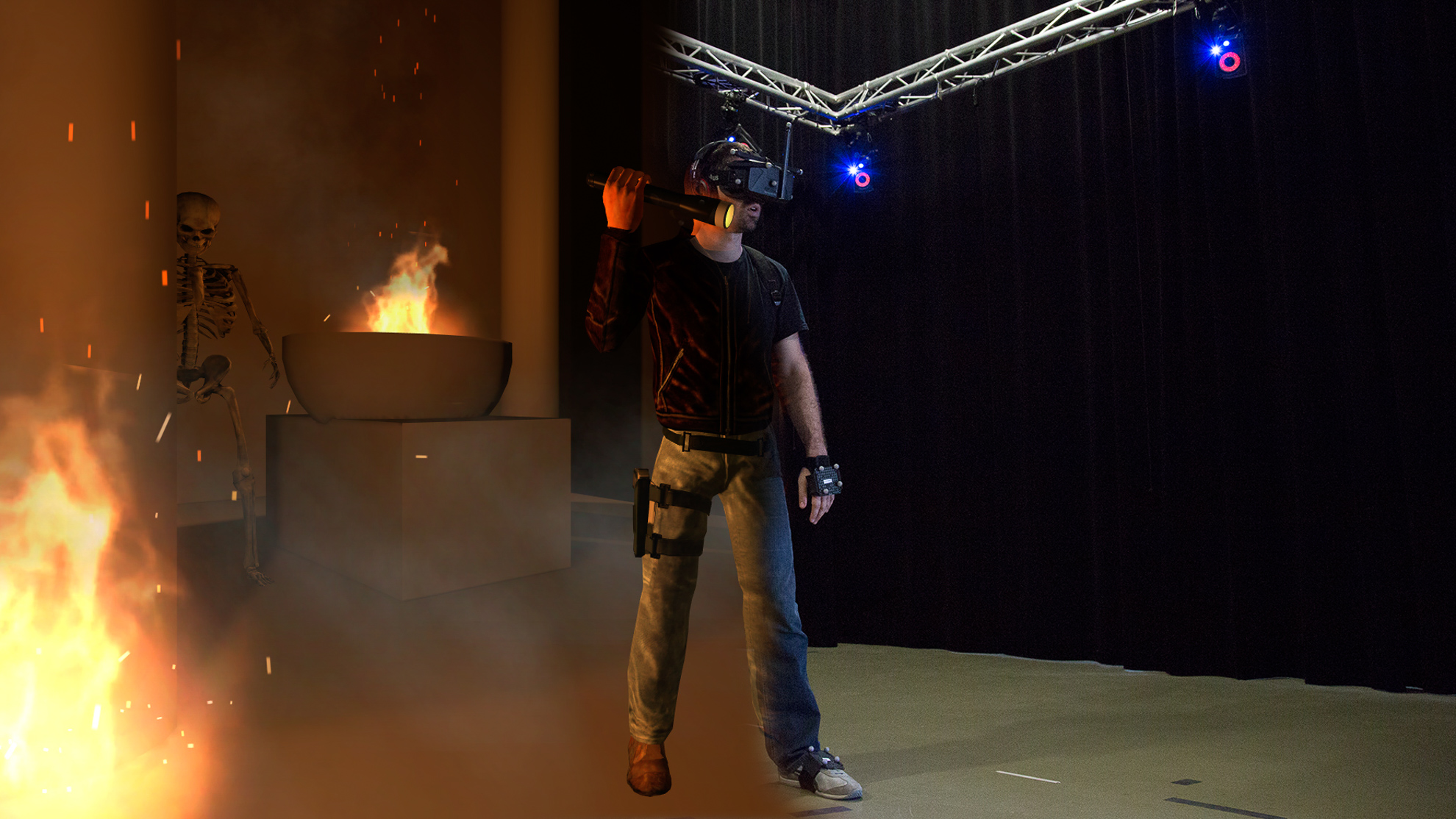Giving virtual reality the Swiss touch
Swiss start-ups are making the most of the boom in immersive technologies. Swiss innovation in entertainment, audiovisual production, video games and health is capturing the attention of the virtual reality industry and is earning Switzerland a reputation as a source of avant-garde ideas.
Virtual reality is the future market of the century. That is the prediction from the titans of California’s Silicon Valley, Facebook, Microsoft, Apple and Google. According to the most recent report on the market study conducted by Trendforce, the democratisation of this technology, which strives to make users feel that they really are somewhere else, is poised to experience historic growth. The report also states that 14 million virtual reality devices will be sold around the world in 2016. Global sales could reach 38 million units by 2020.
Switzerland is making its nest in California
Virtual reality is already an integral part of video games and is moving into new markets such as cinema, entertainment and medicine. In California, the heart of this booming industry, Switzerland has carved out a niche for itself as a trendsetter. Several Swiss start-ups created in the laboratories of the Swiss Federal Institute of Technology Lausanne (EPFL) and the Zurich University of the Arts (ZHdK) have gone it alone in Silicon Valley, a sign that Switzerland is emerging as a trailblazer in the development of this immersive technology.

From 6 to 8 May 2016, the Crans-Montana resort in Valais will host the first World Virtual Reality Forum. Michel Reilhac will chair this event, which intends to “showcase the technology’s ability to adapt and become more democratic”. “The event aims to go beyond the industry and content,” explains Michel. “As such, the event programme is not limited to an inventory of existing technologies. It also includes responses to the ethical and philosophical issues raised by the emergence of virtual reality.” Michel Reilhac believes that Switzerland is “fertile ground” for this type of international meeting because the country “has extensive expertise” of the virtual reality market.

From the video game industry to neuroscience
The fact that Switzerland has begun making waves in this market is firstly down to faceshift. The start-up was founded by two EPFL graduates and developed a face motion capture technology that can reproduce these movements in real time on an avatar. Bolstered by its success, the start-up migrated first to Zurich, then on to California after it was bought by Apple in November 2015.
Faceshift’s success across the Atlantic will pave the way for other Swiss start-ups in the video game industry, such as Somniacs and its revolutionary flight simulator, Birdly. Developed at the Zurich University of the Arts, this virtual bird gives gamers a totally immersed experience. This Swiss technology, which strives to push the boundaries of virtual reality with regard to content and video games, has been taken over by the prestigious University of Southern California Institute for Creative Technologies, the former employer of Palmer Luckey, the creator of the Oculus Rift immersive glasses. In July 2014, Birdly was also the guest of swissnex San Francisco at its first physical demonstration. It caused a sensation and the flight simulator turned from an experimental project into a commercial reality.

At the fore of audiovisual production
Two additional Swiss start-ups bent on conquering the US thanks to support from swissnex and The Swiss Arts Council Pro Helvetia have captivated the video game industry. Apelab, a start-up from Geneva, was one of the attractions at the New Frontier exhibition at the last Sundance Film Festival, where it used the opportunity to present its Sequenced series. Sequenced produces interactive virtual reality, the content of which evolves depending on what the user is looking at through the headset (whether Oculus or another make). The start-up is primed to move to Los Angeles.

Artanim, a start-up from Geneva, has developed a virtual reality platform that lets several users walk around freely (without being hampered by cables) in a virtual environment and thus see their own body and interact with physical and virtual objects. In 2015, Artanim was one of three finalists in an immersive reality competition held at the SIGGRAPH conference in Los Angeles. The start-up is now developing commercial applications for its technology. This field is also home to Kenzan, the success story from Geneva, whose immersive innovations also won awards at SIGGRAPH.

Mindmaze: an international reference
Switzerland has not just won renown in the gaming industry. For the past few years the country has been at the forefront of virtual reality in the health sector. The Lausanne-based start-up Mindmaze has established a system that speeds up the rehabilitation of stroke victims. Developed by a doctor of neuroscience from EPFL, this technology has been considered an international standard in the industry since 2011. Virtual reality has acquired a certain reputation with regard to the treatment of phobias and in psychology. Mindmaze is now valued at USD 1 billion.

Although 2016 looks promising for virtual reality, what does it hold for other Swiss start-ups and studios? Looking at their initial successes on the international market, their success seems assured. One thing is certain: in the future, the virtual reality industry will rely on Swiss innovation.




